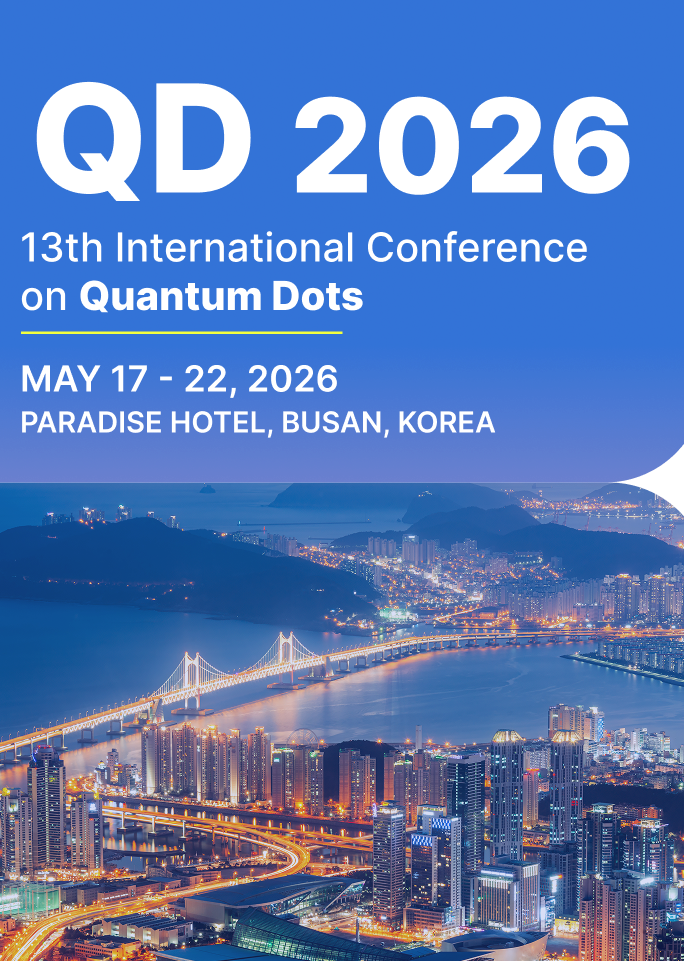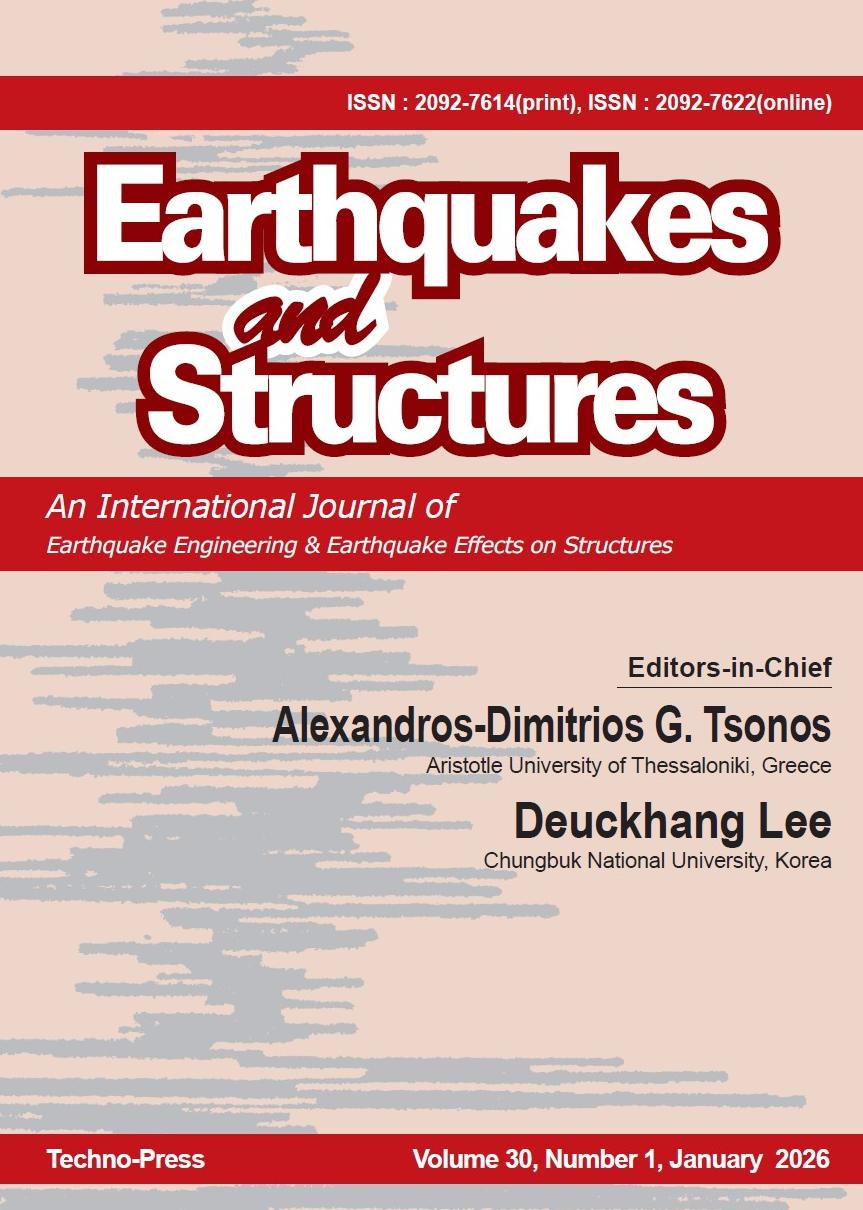43rd PATTAYA International Conference on “Building Design, Architecture & Transportation Engineering” (BDATE-25) scheduled on Dec. 18-20, 2025 Pattaya (Thailand)
BDATE-25
- URL: https://caeer.org/conference/364
- Event Date: 2025-12-18 ~ 2025-12-20
- Submission Date: 2025-12-01
- Organizer: CAEER
- Location: Pattaya, Thailand
Materials Engineering Ceramic Engineering Architecture Engineering & Computer Science (General) Materials Engineering Power Engineering Structural Engineering Transportation Crafts, Design & Arts Architecture
Topics/Call for Papers
So, Topics of Interest for Submission include, but are Not Limited to:
I. Integrated Design & Planning for the Built Environment
- Smart Cities & Urban Systems:
- Integration of IoT, AI, and big data in urban planning and management.
- Smart infrastructure for energy, water, waste, and connectivity.
- Data-driven urban planning and decision-making.
- Digital Twins for urban environments and infrastructure.
- Sustainable & Resilient Design:
- Net-zero energy buildings and districts.
- Climate-responsive architecture and passive design strategies.
- Adaptive reuse of existing buildings and infrastructure.
- Designing for extreme events (earthquakes, floods, wildfires, heatwaves).
- Circular economy principles in construction and demolition.
- Urban green infrastructure and nature-based solutions.
- Urban Planning & Policy:
- Land use planning and zoning for sustainable development.
- Policies promoting mixed-use development and walkable communities.
- Public participation and community engagement in urban design.
- Economic and social equity in urban development.
- Human-Centric Design:
- Designing for health, well-being, and comfort in buildings and public spaces.
- Universal design and accessibility in architecture and transportation.
- Biophilic design and integrating nature into the built environment.
- Psychological impacts of built spaces on occupants.
II. Architecture & Building Design Innovation
- Architectural Theory & Criticism:
- Contemporary architectural discourse and future trends.
- Post-digital architecture and the impact of computation.
- Critical regionalism and local identity in globalized architecture.
- Phenomenology of space and embodied experience in architecture.
- Advanced Building Materials & Construction:
- Sustainable and eco-friendly building materials (e.g., mass timber, self-healing concrete, recycled materials).
- Additive manufacturing (3D printing) in construction.
- Modular and prefabricated construction techniques.
- Smart materials and responsive building envelopes.
- High-performance facades and fenestration.
- Building Information Modeling (BIM) & Digital Fabrication:
- Advanced BIM applications for design, construction, and facility management.
- Parametric and generative design tools.
- Digital fabrication techniques and robotic construction.
- Interoperability and data exchange in the AEC (Architecture, Engineering, Construction) industry.
- Structural Engineering & Building Performance:
- Seismic design and retrofitting of structures.
- Performance-based design and structural optimization.
- Innovative structural systems (e.g., tension structures, shell structures).
- Building energy modeling and performance simulation.
- Daylighting and natural ventilation strategies.
- Building Systems & Technologies:
- HVAC and indoor environmental quality (IEQ) systems.
- Smart building automation and control systems.
- Renewable energy integration in buildings (solar PV, geothermal, wind).
- Advanced lighting design and control.
- Water management systems in buildings (rainwater harvesting, greywater recycling).
III. Transportation Engineering & Mobility Solutions
- Intelligent Transportation Systems (ITS):
- Traffic management and control systems.
- Connected and autonomous vehicles (CAV) and their infrastructure needs.
- Vehicle-to-everything (V2X) communication.
- Smart parking solutions.
- Big data analytics for traffic flow and mobility patterns.
- Sustainable Transportation Planning:
- Public transportation innovations (BRT, light rail, high-speed rail).
- Active transportation (pedestrian and cycling infrastructure).
- Micro-mobility solutions (e-scooters, bike-sharing).
- Integrated multimodal transport systems.
- Transportation demand management (TDM).
- Transportation Infrastructure Design & Construction:
- Pavement engineering and sustainable road materials.
- Bridge design, maintenance, and structural health monitoring.
- Tunnel engineering and underground infrastructure.
- Railway engineering and high-speed rail infrastructure.
- Port and airport design and management.
- Transportation Electrification & Alternative Fuels:
- Electric vehicle (EV) charging infrastructure deployment.
- Hydrogen and other alternative fuel technologies for transport.
- Grid integration of electrified transport.
- Logistics & Freight Transportation:
- Sustainable supply chain management.
- Urban logistics and last-mile delivery solutions.
- Automated freight transportation (e.g., autonomous trucks, drone delivery).
- Resilience & Security in Transportation Networks:
- Designing transportation infrastructure for climate change impacts.
- Disaster preparedness and recovery in transportation.
- Cybersecurity for transportation systems.
IV. Interdisciplinary & Cross-Cutting Themes
- Digital Twins for Integrated Design & Operations:
- Creating living digital models that combine building and transportation data for holistic management.
- Life Cycle Assessment (LCA) & Environmental Impact:
- Evaluating the environmental footprint of buildings and transportation systems from cradle to grave.
- Policy, Regulations & Economics:
- Urban planning policies, building codes, and transportation regulations.
- Funding and financing models for infrastructure projects.
- Economic impact of design and transportation choices.
- Education & Workforce Development:
- Curriculum development for integrated architecture, engineering, and planning.
- Training for new technologies (BIM, AI, digital fabrication) in the industry.
- Addressing the skills gap in the built environment professions.
- Sensing & Monitoring Technologies:
- Structural health monitoring of bridges and buildings.
- Environmental sensing for air quality, noise, and urban heat.
- Real-time monitoring of traffic and pedestrian flows.
- Human Factors & User Experience:
- Ergonomics and user-centered design in buildings and vehicles.
- Designing intuitive interfaces for smart building and transportation systems.















